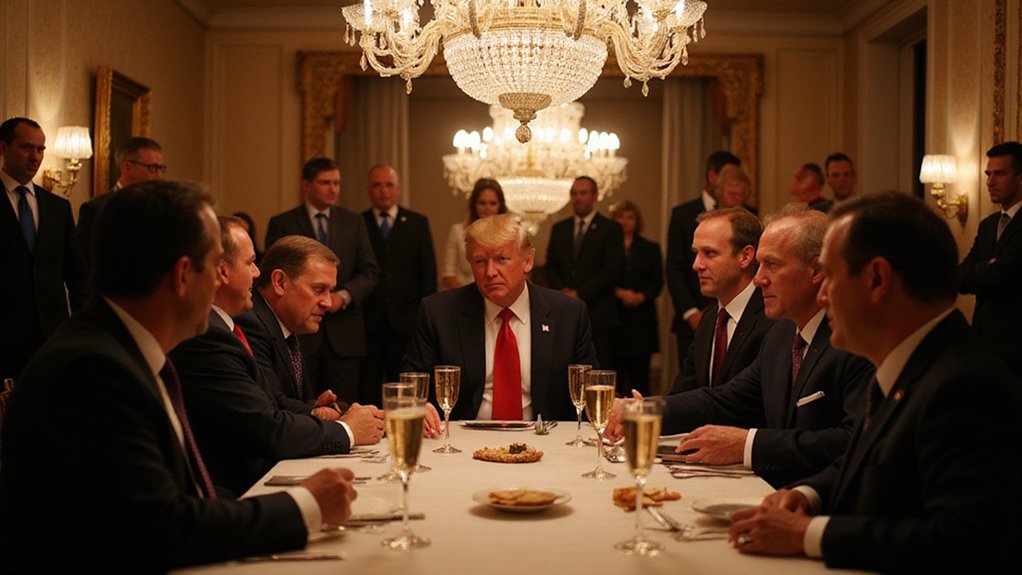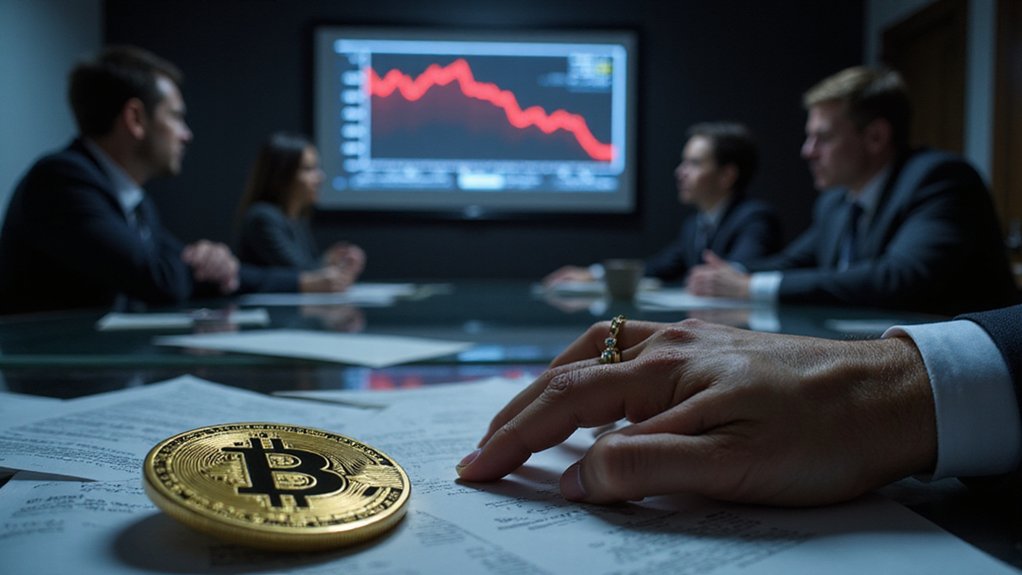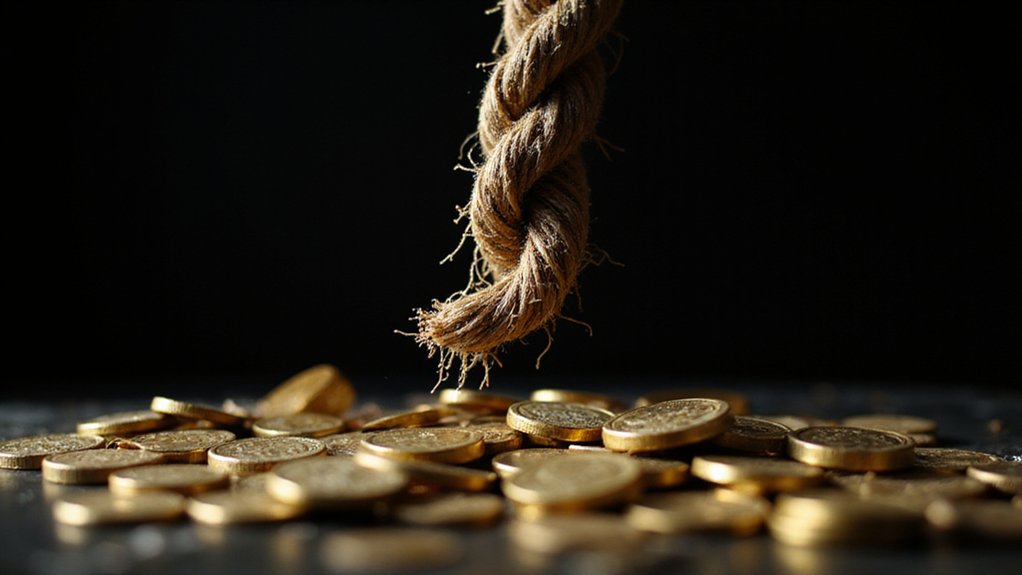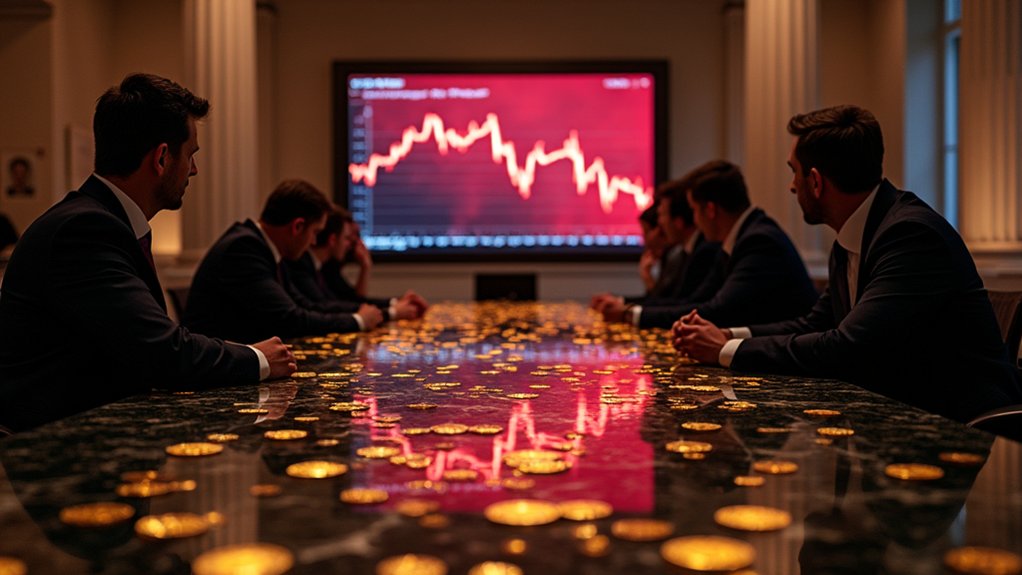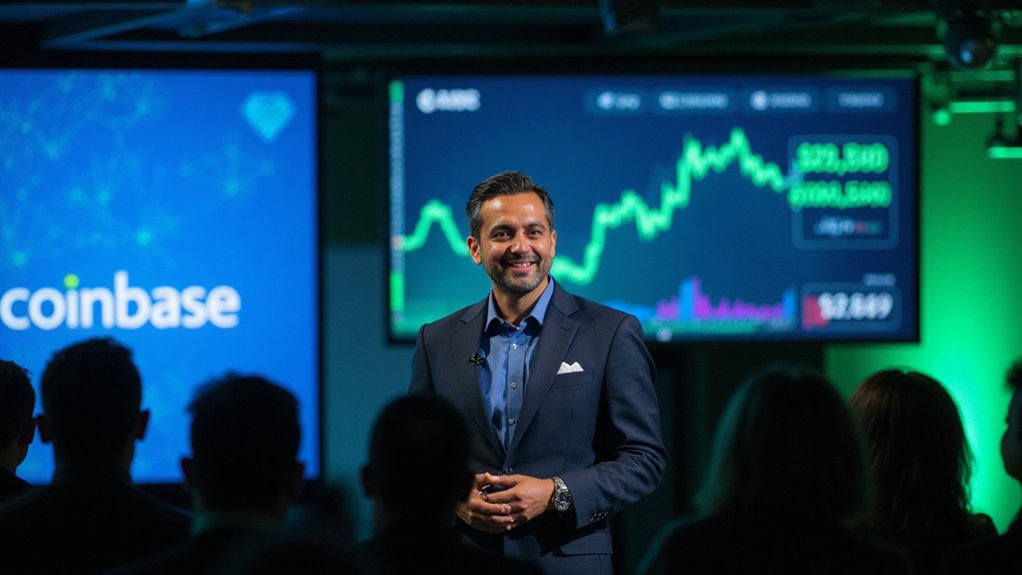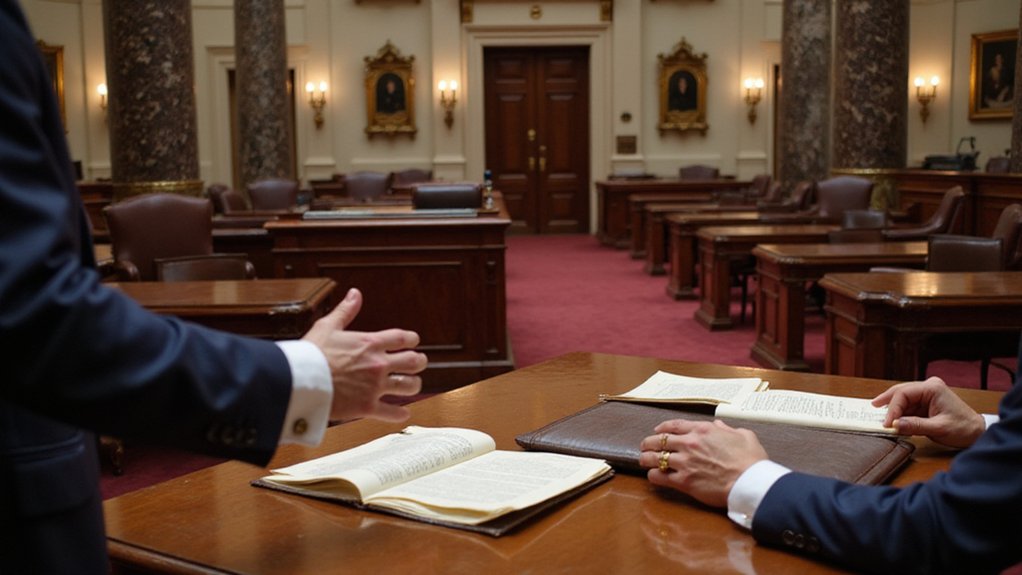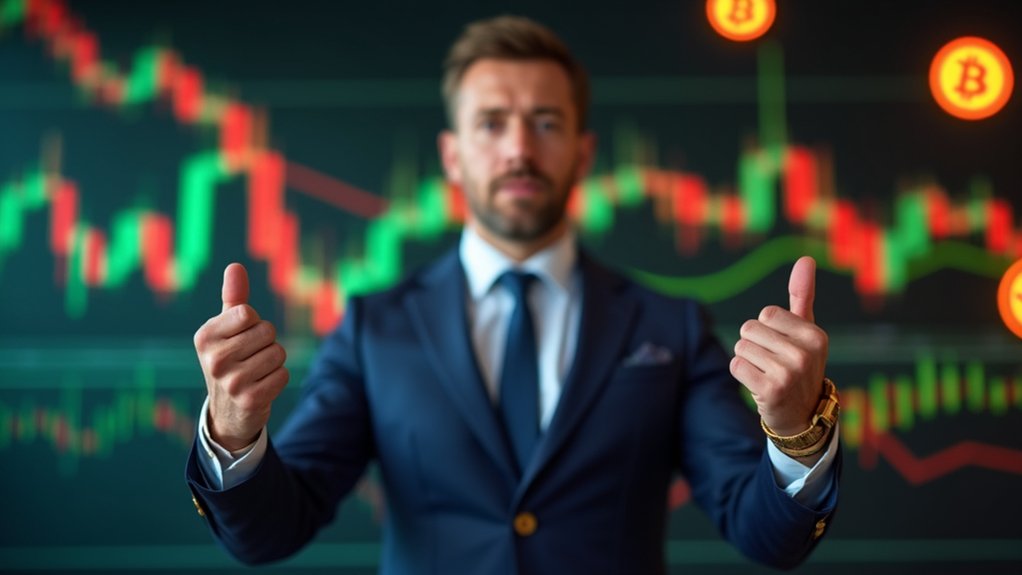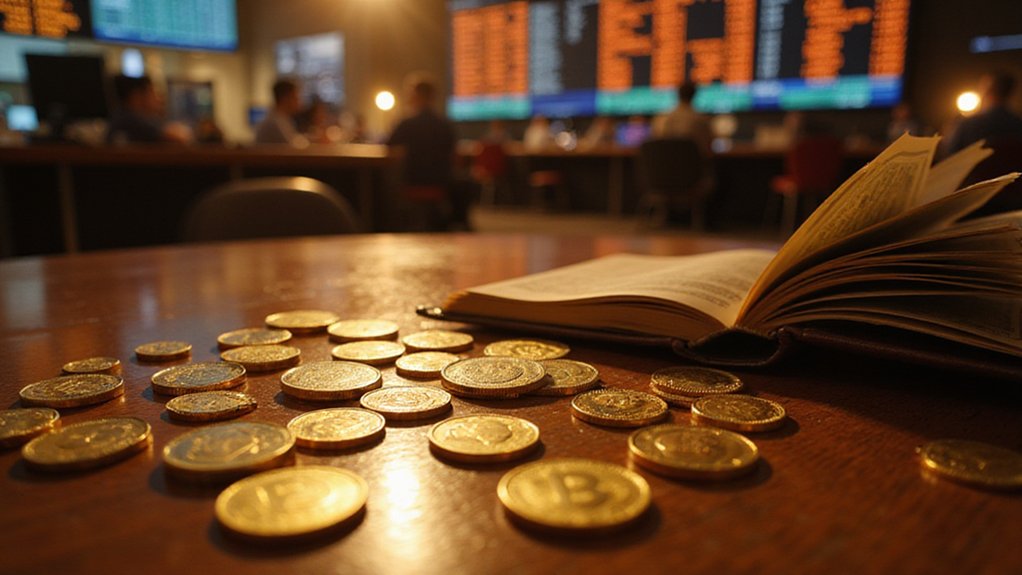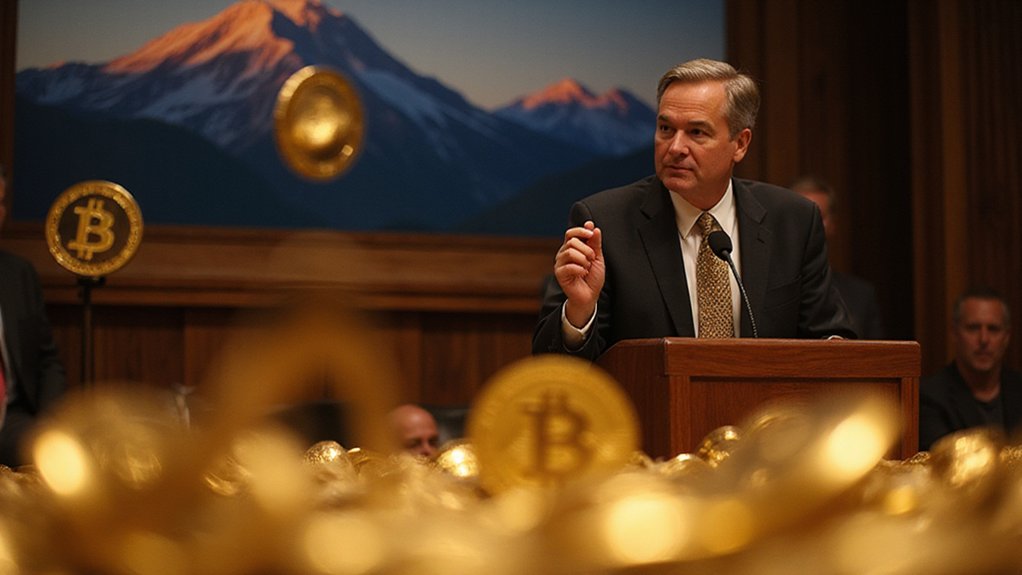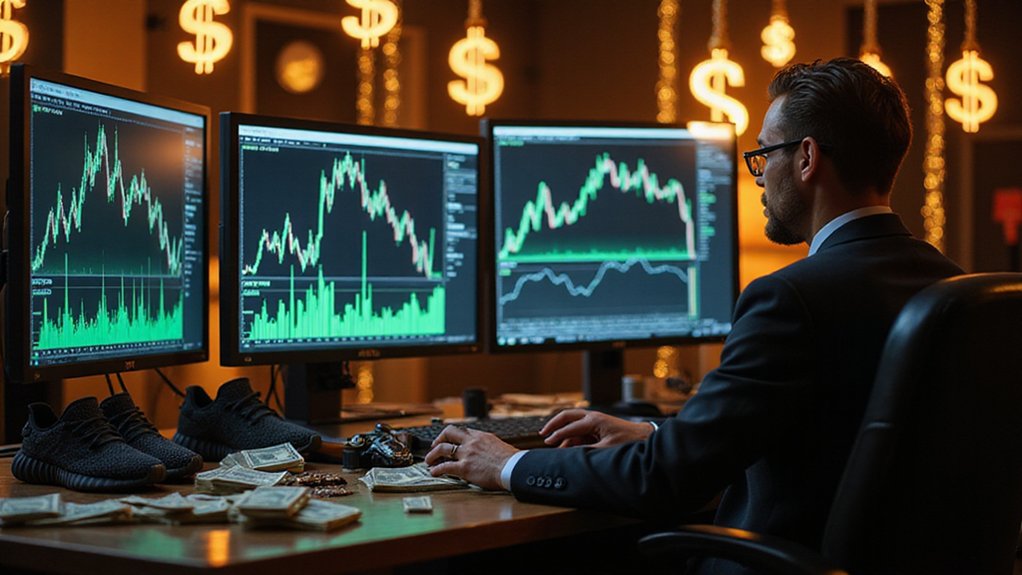Exclusivity, that most coveted of commodities in both political and financial circles, has found a new vehicle in the cryptocurrency-fueled Trump dinner auction—an event that has already amassed a staggering $148 million from investors keen to secure their place at what promoters have dubbed “the most EXCLUSIVE INVITATION in the world.”
The upcoming dinner, scheduled for May 22, 2025, at a private golf course in Sterling, Virginia, represents an unprecedented intersection of presidential access, digital currency speculation, and potential foreign influence that has drawn bipartisan concern.
The mechanics of this novel fundraising apparatus are as audacious as they are financially potent: the top 25 cryptocurrency buyers will receive not merely dinner but an “ultra-exclusive private VIP reception” and a “Special VIP Tour” with the president himself.
The digital auction elevates access beyond mere dinner, offering cryptocurrency’s biggest spenders intimate presidential encounters in a tiered exclusivity system.
Significantly, the leading wallet—aptly named ‘SUN’—is owned by a Seychelles-based cryptocurrency exchange called HTX and holds nearly $18.5 million in digital assets.
This wallet exemplifies the international capital flows that have critics questioning whether the event constitutes a sophisticated end-run around traditional prohibitions on foreign influence.
Investments from firms in Singapore and Hong Kong have particularly raised eyebrows among ethics watchdogs, who argue that the auction’s structure creates a vulnerability vector for potential foreign leverage over presidential decision-making.
The deliberate opacity surrounding the guest list—which is being treated as a “personal affair” rather than an official function—only compounds these transparency concerns.
When pressed by reporters, press secretary Karoline Leavitt deliberately ignored specific questions about the identities of dinner attendees, further fueling criticism about lack of transparency.
The financial architecture underpinning this event has yielded approximately $147,586,796.41 through cryptocurrency investments, demonstrating the remarkable intersection of digital finance and political access.
Similar to Polymarket’s prediction markets where users buy shares representing different outcomes, this dinner auction has created a blockchain-based marketplace where the value of access fluctuates based on demand.
While promoters emphasize the exclusive experiences awaiting top bidders, critics from across the political spectrum have voiced alarm about the precedent being established.
Justin Sun, who sits on the HTX exchange board, has invested $75 million in Trump family cryptocurrency ventures following the election.
As the Sterling, Virginia event approaches, questions persist about the wisdom of monetizing presidential proximity through cryptocurrency channels that, by their nature, blur traditional jurisdictional and regulatory boundaries.
The dinner auction represents not merely a fundraising innovation but a test case for how digital currency might reshape—for better or worse—the economic landscape of political influence.
